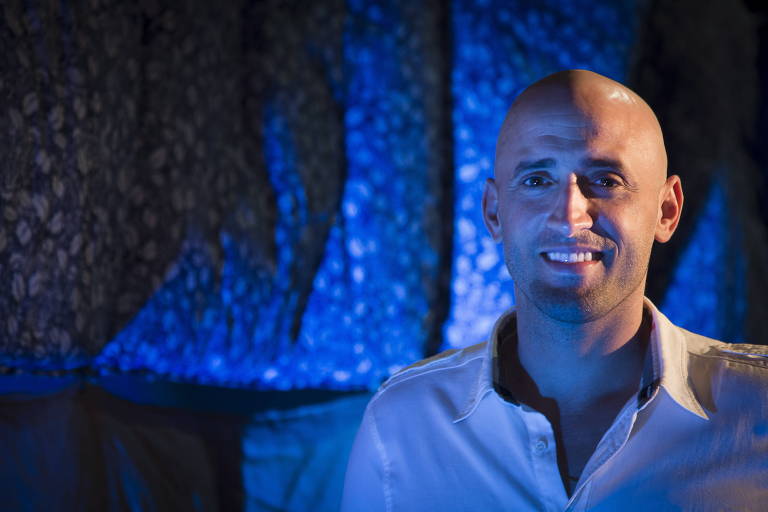The death of Paulo Gustavo, at the age of 42, marks an early and sudden end to a stellar career that has few parallels in Brazil's entertainment industry.
The comedian died on Tuesday (4) from Covid in a Rio de Janeiro ICU, where he had been hospitalized since March 13.
A week after being admitted, he had to be intubated because he was having trouble breathing. On April 2, he worsened and needed the help of a device similar to an artificial lung and used only in the most severe cases. A month later, he suffered a gas embolism.
The trilogy "Minha Mãe É uma Peça," starring his female alter ego Dona Hermínia, sold around 22 million tickets at the Brazilian box office. The third feature currently boasts the title of highest-grossing national box office of all time, with R $ 143.9 million.
Paulo Gustavo became a well-known name across the country, even without appearing much on open TV. He started in the theater, and his professional career flourished in humor and on the paid channel Multishow.
The actor created the outgoing character Dona Hermínia, inspired by his own mother, Déa Lúcia Vieira Amaral. The character appeared in the actor's professional debut, in the play "Surto," staged in Rio in 2004. His success in theater attracted the attention of television.
After punctual appearances in soap operas and comic series, Paulo Gustavo finally earned his own program, "220 Volts," in which he played several characters. In cinema, he made his first striking appearance in the 2009 comedy "Divã," by José Alvarenga Jr.
With his irreverent style and verbal machine gun, Paulo Gustavo was a worthy representative of a Brazilian school of humor that goes back to Zé Trindade and Dercy Gonçalves—the comedian who speaks whatever comes to mind.
His disappearance leaves an immense gap, and the feeling that many triumphs—such as the series "Dona Hermínia," under development at Globo—were yet to come.
Translated by Kiratiana Freelon
